Movies
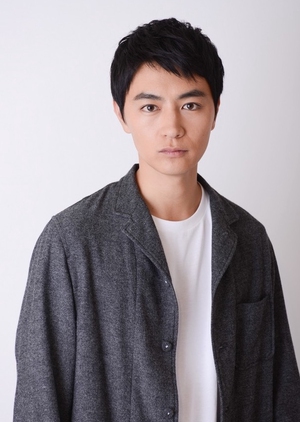
Musashi 2019 (Japan)

Juuyou Sankounin Tantei (Japan) 2017
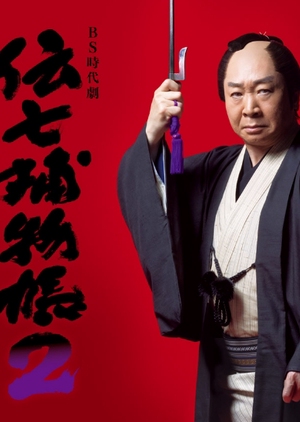
Denshichi Torimonochou 2 (Japan) 2017

PTA Grandpa! (Japan) 2017
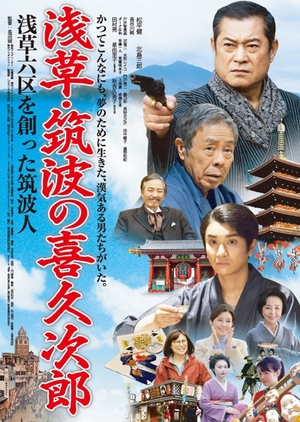
Asakusa: Tsukuba no kikujiro 2016 (Japan)
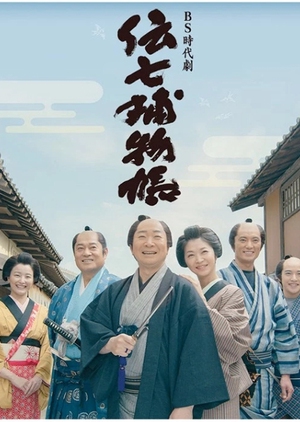
Denshichi Torimonochou (Japan) 2016

Seisei Suruhodo, Aishiteru (Japan) 2016
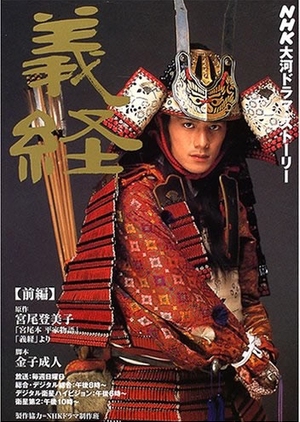
Yoshitsune 2005 (Japan)
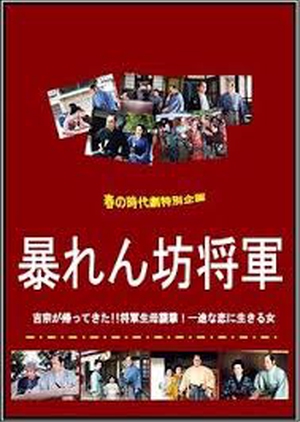
Abarenbo Shogun: Spring Special 2004 (Japan)
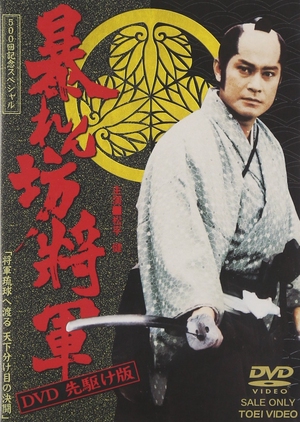
Abarenbo Shogun: Season 12 2002 (Japan)
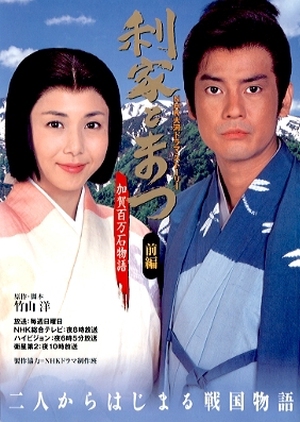
Toshiie and Matsu 2002 (Japan)
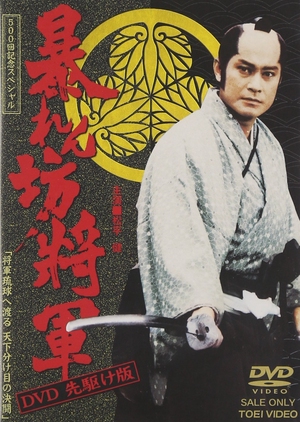
Abarenbo Shogun: Season 11 2001 (Japan)
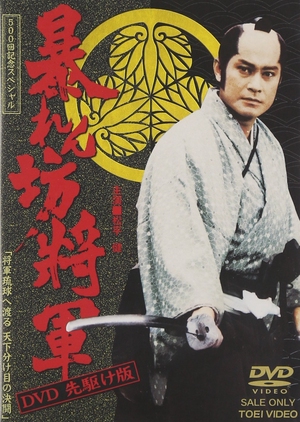
Abarenbo Shogun: Season 10 2000 (Japan)
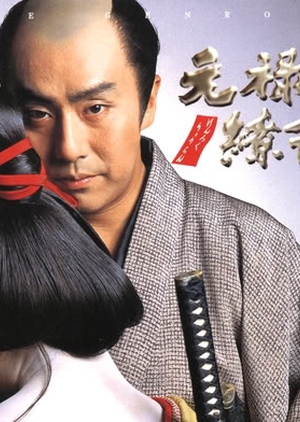
Genroku Ryoran 1999 (Japan)
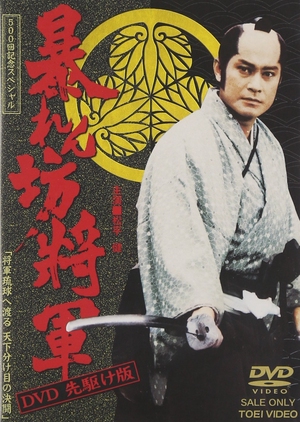
Abarenbo Shogun: Season 9 1998 (Japan)
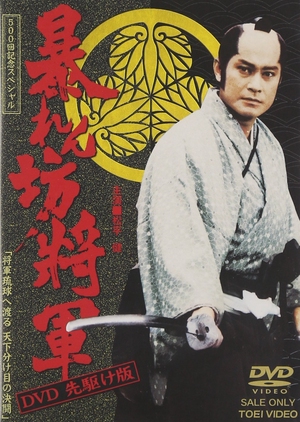
Abarenbo Shogun: Season 8 1997 (Japan)
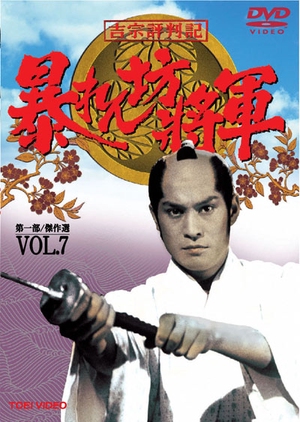
Abarenbo Shogun: Season 7 1996 (Japan)
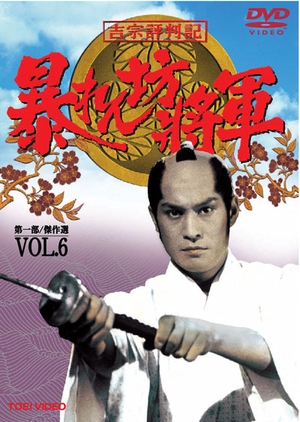
Abarenbo Shogun: Season 6 1994 (Japan)
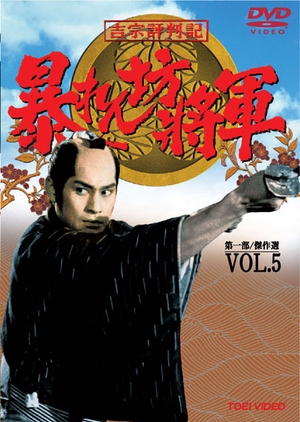
Abarenbo Shogun: Season 5 1993 (Japan)
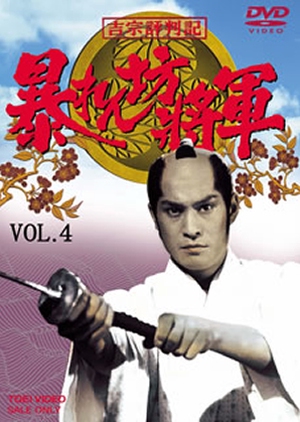
Abarenbo Shogun: Season 4 1991 (Japan)
